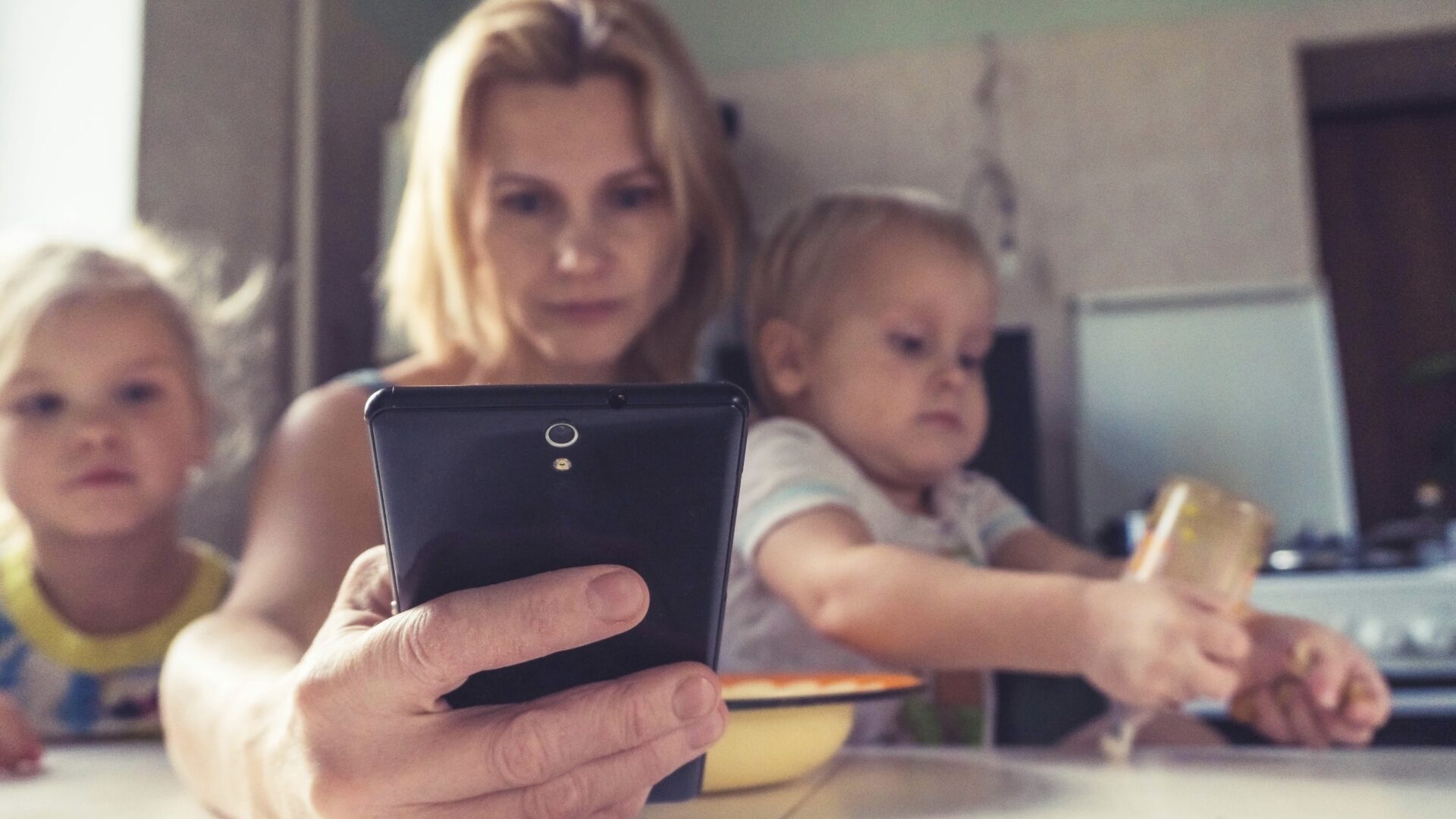
By Gavin Boyle
In an effort to protect their kids’ identity on social media, many parents replace their kids’ faces with emojis, but social media safety experts warn that this practice hardly makes a difference in the long run.
“I need to be brutally honest here: Putting an emoji over a child’s face provides virtually no real privacy protection whatsoever,” said Lisa Ventura, cybersecurity specialist and founder of Cyber Security Unity. She added that AI can now seamlessly reinsert a child’s face, and even if the emoji stays on, sensitive information found in these images can be used by bad actors to target kids.
While many parents use social media to boast about their kids’ success — whether it be in academics, sports or other areas of life — these posts almost always share sensitive information as well. Congratulating a child on good grades may reveal where they go to school, while sharing a birthday photo may dox not only the child’s age and birthday but also their favorite activities and even where they live.
Related: Why Parents Should Be Cautious Posting Kids’ Photos on Social Media
One post may not provide a predator with everything they need to target a child, but multiple posts together can often be more than enough to place them in danger.
“There is a thriving black market for personally identifiable information,” explained Leah Plunkett, a faculty member at Harvard Law School who specializes in children, family law and technology. “Kid’s Social Security numbers, when combined with date of birth, name and address, are often good targets for identity theft. Most minors don’t have credit attached to their Social Security numbers, so [someone may be able to use them to] open fraudulent lines of credit.”
Even if posts on social media are never seen by those trying to do real harm, parents also need to be aware that anything they post can be mined for data by the platform they are on, and the photos themselves can even be used and sold by these sites.
“Parents should be aware that they’re not going to know at the moment where a piece of information, photo or video, might go,” Plunkett said. “When we click ‘I accept,’ those agreements give companies and third parties a lot of latitude about what they can do with your data.”
While this does not mean parents can never share anything about their kids online, they do need to be aware of the dangers that posting about their kids can bring. They should spend time considering what details they’re really comfortable with their network knowing. While social media serves as a fun and convenient way to keep friends and family updated about our lives, it also has a dark side that parents can’t ignore.
Read Next: Why Parents Shouldn’t Create Social Media Accounts for Their Kids
Questions or comments? Please write to us here.


 - Content:
- Content: 

 – Content:
– Content: 